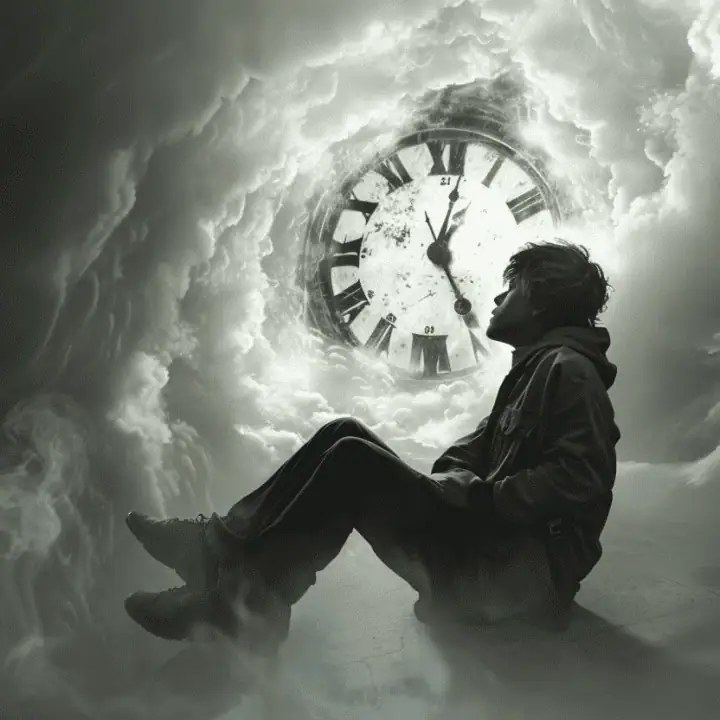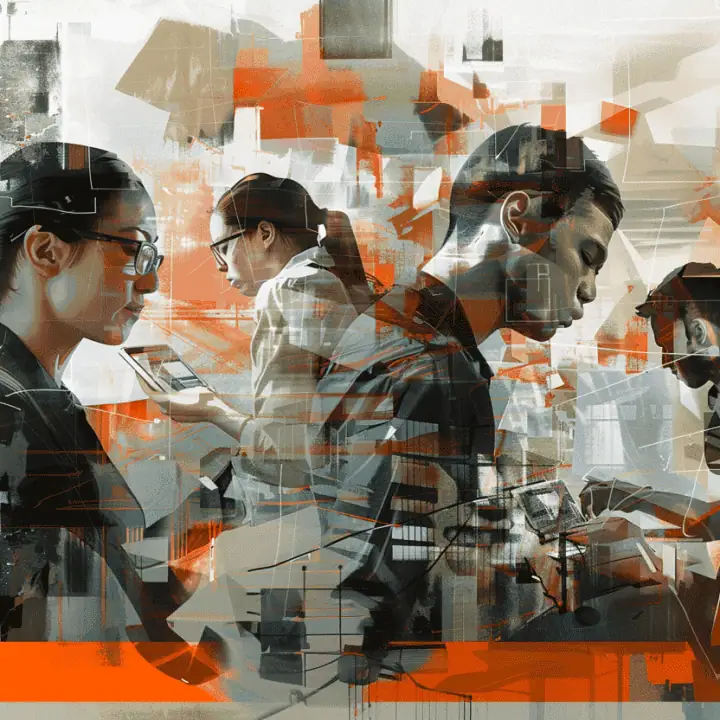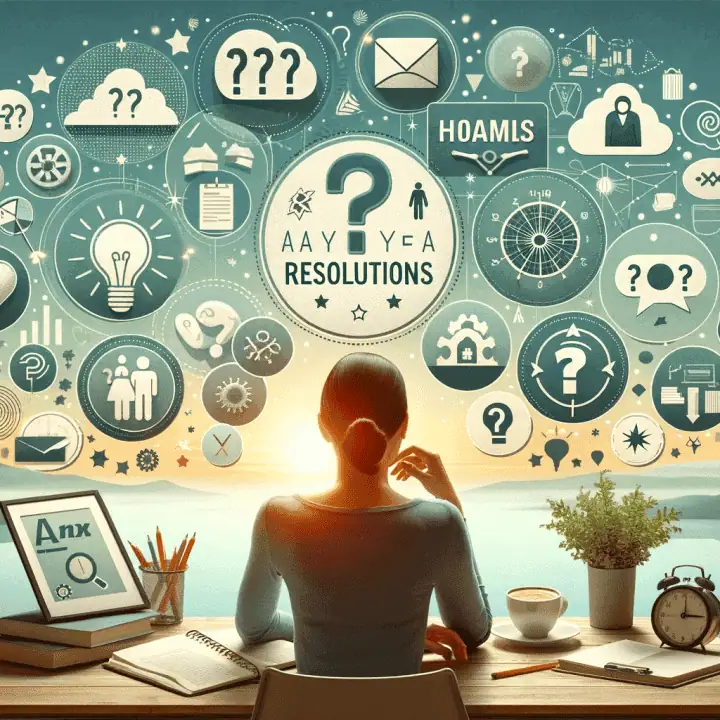The Map is not the Territory
Your Map Is Unique
We all live on the same planet, yet not necessarily in the same place, and certainly not in the same world.
Life as we know it is nothing but a description—our own description—of what we perceive to be happening. The map is not the territory.
It is important to remember that we humans have the capacity to distort our experience in interesting ways,, which can be a good thing at times and not so good at others.
Our thinking patterns are derived from our experiences in the world and the way we perceive them, as well as from the meaning, if any, that we attach to these experiences. This meaning may be derived from implicitly accepted elements in our lives, mainly contexts. Whether it be social, cultural, or any other context you can think of, it is important to be aware of how these can affect our perceptions and the meaning we give to the world around us.
The most exceptionally effective people I know are aware of this when making decisions and communicating with others. They seek advice and embrace different points of view coming from people with different knowledge bases before coming to a conclusion.
For example, successful businesses take advantage of this by hiring specialists from relevant fields to provide advice on specific matters relevant to the business, like marketing, analysis, accounting, law, etc.
Context Is Key
If you have ever travelled, met someone from a foreign land, or learned another language, you’ll know what I’m talking about.
In certain cultures, a hand gesture might ‘mean’ an offence, while in other cultures it might ‘mean’ the complete opposite, and that meaning will simply be derived from general consensus and familiarity.
Every single individual has a different description of the world. Some will appear to be similar, given the common contexts in which the person has spent most of their time, but ultimately, no two descriptions will ever be quite the same.
How is it that for some people it is acceptable to hug, kiss, and touch (think Latin cultures) people they have just met as a sign of respect and connection, while in other cultures, just entering someone else’s personal space is experienced as rude and intrusive?
Yet, we are all humans, and we inhabit the same planet while living in entirely different worlds when it comes to our subjective experience.
As anthropologist Carlos Castaneda says in his powerful book ‘Journey to Ixtlan’:
“…the world of everyday life is not real, or out there, as we believe it is. Reality, or the world we all know is only a description. In fact, the reality of the world we know is so taken for granted that the basic premise that our reality is merely one of many descriptions, could hardly be taken as a serious proposition”.
The road less travelled
I’d like to invite you to go out in the world and start finding different descriptions and trying out different realities. Share elements of yours with others and discover something from others that you always suspected would be impossible. You’ll be amazed to find out how different your world can be.
Go ahead and explore. Take the road you’ve travelled the least.
That’s it for today. Now go out there and take your next step towards Exceptional Effectiveness, by finding at least 2 or 3 descriptions of the same situation by people who have different views on it. Start small at first and see it for yourself. It will change your life, just like it changed mine.
Remember, this is practical advice not just another theory, so do go out and try it, and let me know how you went.
Related articles
Learn more about NLP by reading our Ultimate NLP Compendium of NLP
If you found this article useful, rate it or share it.
Similar Posts
Subscribe Now!
Stay Up-to-Date with Our Latest Courses and Special Offers
Stay in the loop with new course releases and opportunities by completing our form. Never miss out!


